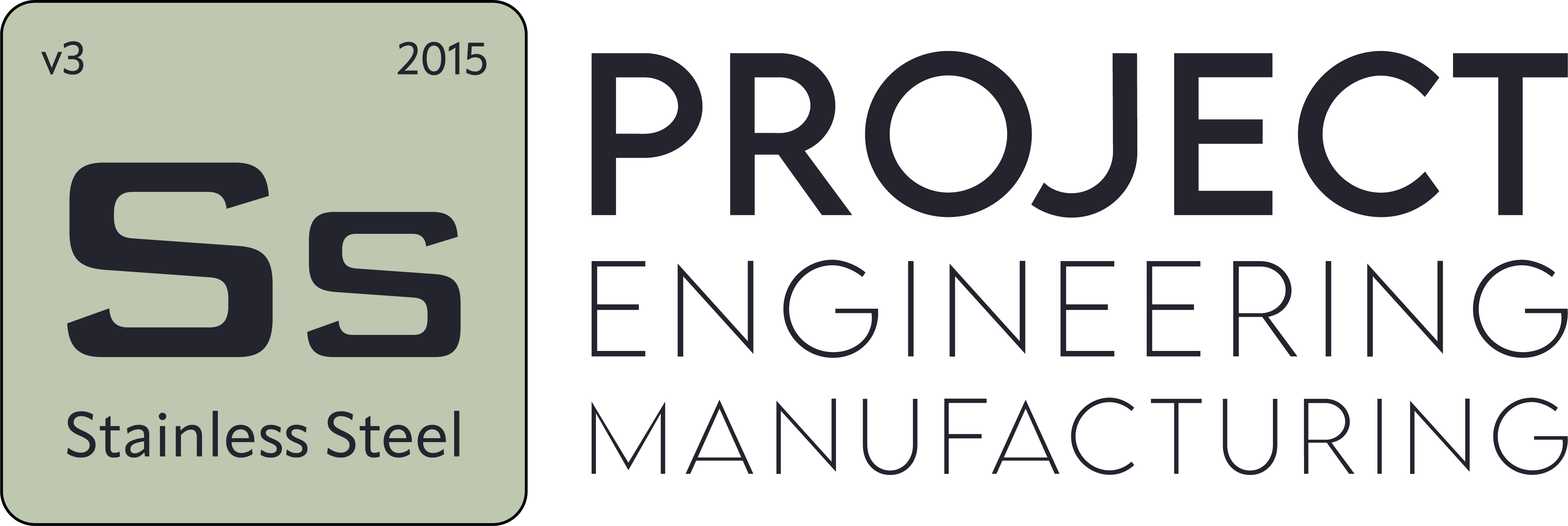Powder Weighing Systems
- Blog
- Powder Weighing Systems
Powder Weighing Systems
Table of Contents
- Dust Weighing System - What Is It?
- What Is the Purpose of a Dust Weighing System?
- In Which Industries Are Dust Weighing Systems Preferred?
- Why Is Precision Weighing So Important for Dust Products?
- What Are the Differences Between Automatic and Manual Dust Weighing Systems?
- How Do Dust Weighing Systems Affect Efficiency in Industrial Production?
- Which Materials Are Suitable for Dust Weighing Systems?
Dust Weighing System - What Is It?
A dust weighing system is an automation system designed to precisely and controllably weigh fine, free-flowing dust materials in industrial environments. These systems play a critical role in ensuring accurate and efficient production processes across industries such as food, chemicals, pharmaceuticals, plastics, paints, cement, and mining.
Dust weighing systems typically consist of a load cell, weighing container, feeding unit, and control panel. Raw materials are transferred to the weighing container via a dosing unit, and the system automatically stops feeding once the target weight is reached. This prevents material waste and ensures accurate application of production formulations.
Modern systems can be easily controlled with PLC automation and touch screens. Additionally, data recording, reporting, and integration with central production management systems are possible.
What Is the Purpose of a Dust Weighing System?
Dust weighing systems are used to ensure precise, controlled, and automated weighing of dust-form raw materials in production processes. These systems are critical for operations such as dosing, mixture preparation, packaging, and recipe-based production.
The primary purpose is to maintain product quality standardization by ensuring the same amount and proportion of materials are used in each batch. Incorrect or incomplete weighing can lead to quality degradation, production errors, and customer dissatisfaction, making dust weighing systems an integral part of quality control.
Automatic dust weighing systems eliminate measurement errors common in manual processes and reduce labor requirements. This increases efficiency and lowers costs. In facilities handling hazardous or explosive environments, minimizing human contact with dust enhances workplace safety.
SS Proje’s professional dust weighing solutions are tailored to the needs of various industries, offering high precision, durability, and automation integration to stand out.

In Which Industries Are Dust Weighing Systems Preferred?
Dust weighing systems are widely used in industries requiring precision, hygiene, and efficiency. These systems ensure that dust-form raw materials are weighed in accurate proportions for production, preserving product quality and preventing waste.
In the food industry, ingredients like flour, cocoa, sugar, and milk powder are precisely mixed using dust weighing systems, which are essential. Hygienic design and food-grade materials, such as stainless steel, are preferred.
In the chemical and pharmaceutical industries, formula-based production requires high precision, so automated and controlled weighing systems are used. Due to the hazardous nature of some dusts, closed systems are preferred.
In the plastics, paint, and construction chemicals industries, pigments, additives, and fillers are weighed with precision for mixing. In the cement and mining industries, high-volume, heavy dusts require controlled processing.
Why Is Precision Weighing So Important for Dust Products?
Precision weighing is critical for the quality, safety, and efficiency of production processes involving dust products. Dust-form raw materials typically need to be used in specific ratios in mixture recipes. Even small deviations in weight can alter the physical or chemical properties of the product, leading to quality loss, product returns, or customer dissatisfaction.
In industries like food, pharmaceuticals, and chemicals, precision weighing is essential for product safety. Incorrect dosing can negatively affect taste, efficacy, or shelf life. Additionally, some dusts are hazardous or reactive, and improper weighing can lead to explosion, combustion, or health risks.
Precision weighing also ensures cost control. Overuse of raw materials causes waste, while underuse leads to quality issues.
What Are the Differences Between Automatic and Manual Dust Weighing Systems?
Automatic and manual dust weighing systems are categorized based on their integration into production processes. Each system has distinct advantages and applications, and the choice depends on production volume, precision requirements, and operational costs.
Manual dust weighing systems are operator-controlled. Raw materials are weighed by hand and added to the production line. These systems are suitable for small-scale production or businesses with limited budgets but are prone to human error, time loss, and challenges in maintaining consistent product quality.
Automatic dust weighing systems operate with software and sensors for fully controlled processes. Load cells, dosing valves, and PLC systems enable fast, precise, and repeatable weighing of dust materials. These systems enhance production continuity, reduce waste, and minimize reliance on labor.
How Do Dust Weighing Systems Affect Efficiency in Industrial Production?
In industrial production, dust weighing systems directly impact overall efficiency by ensuring accurate, fast, and safe processes. Precise weighing of raw materials in the production line standardizes product quality, prevents waste, and reduces defect rates.
In manual weighing, issues like human errors, time loss, and inconsistent product quality are common, but these are eliminated with automatic dust weighing systems. These systems use high-precision load cells and automation controls to minimize weight deviations, ensuring consistent quality in every production batch.
Additionally, the fast operation of automatic systems provides time savings in production processes. Producing more products in the same timeframe increases a facility’s capacity utilization rate.
Data logging, reporting, and centralized control features make the system traceable, offering businesses opportunities for process analysis and improvement. Expert solution providers like SS Proje enhance production quality and provide a competitive advantage with tailored dust weighing systems.
Which Materials Are Suitable for Dust Weighing Systems?
Dust weighing systems are designed for free-flowing materials with small particle sizes that require precise weighing. These systems enable controlled and accurate measurement of both lightweight and high-density dusts. The system design may vary depending on the physical and chemical properties of the material.
In the food industry, materials like flour, cocoa, milk powder, starch, spices, and sugar are processed with dust weighing systems, where hygiene and precision are prioritized.
In the chemical and pharmaceutical industries, materials like talc, titanium dioxide, magnesium carbonate, and active ingredient powders require precise dosing. These materials can often be explosive or toxic, necessitating safe weighing in closed systems.
In the plastics and paint industries, pigments, additives, and filler dusts are weighed to meet formulation requirements.
In the construction and cement industries, heavy-duty systems are preferred for high-density dusts like lime, gypsum, and cement.


